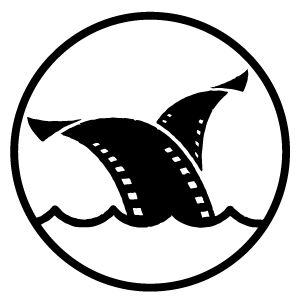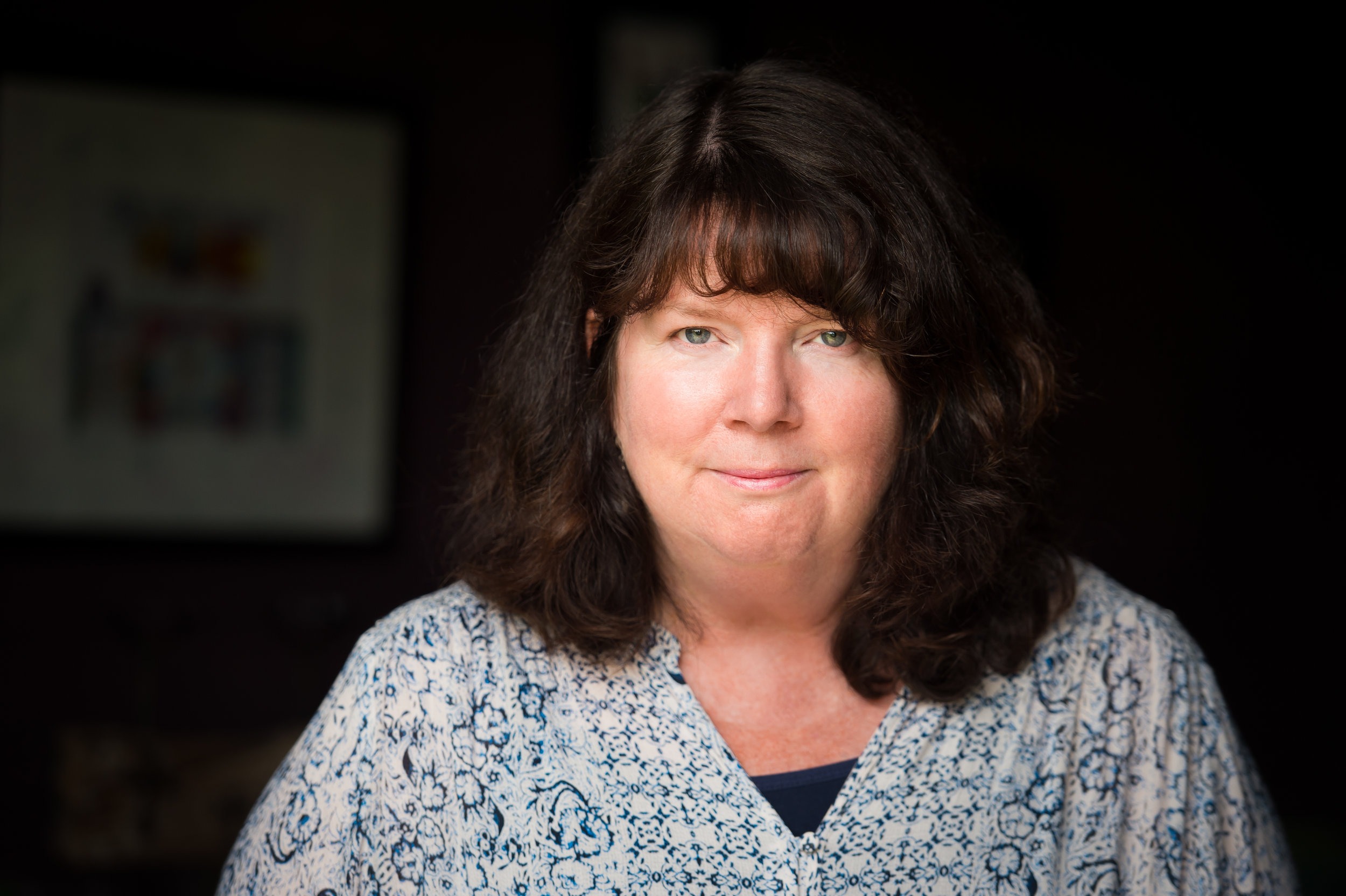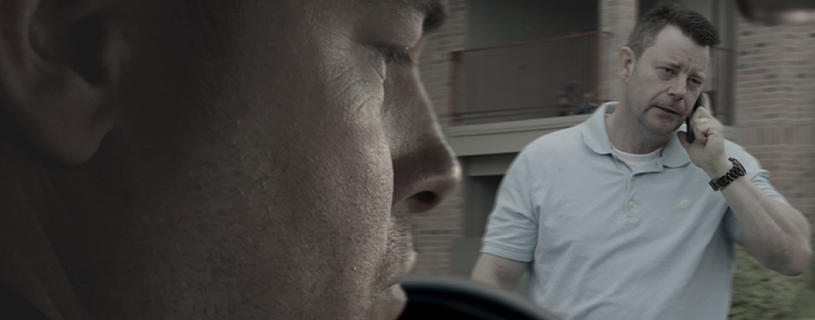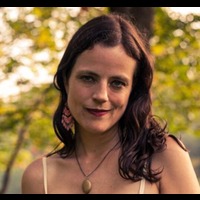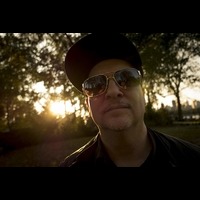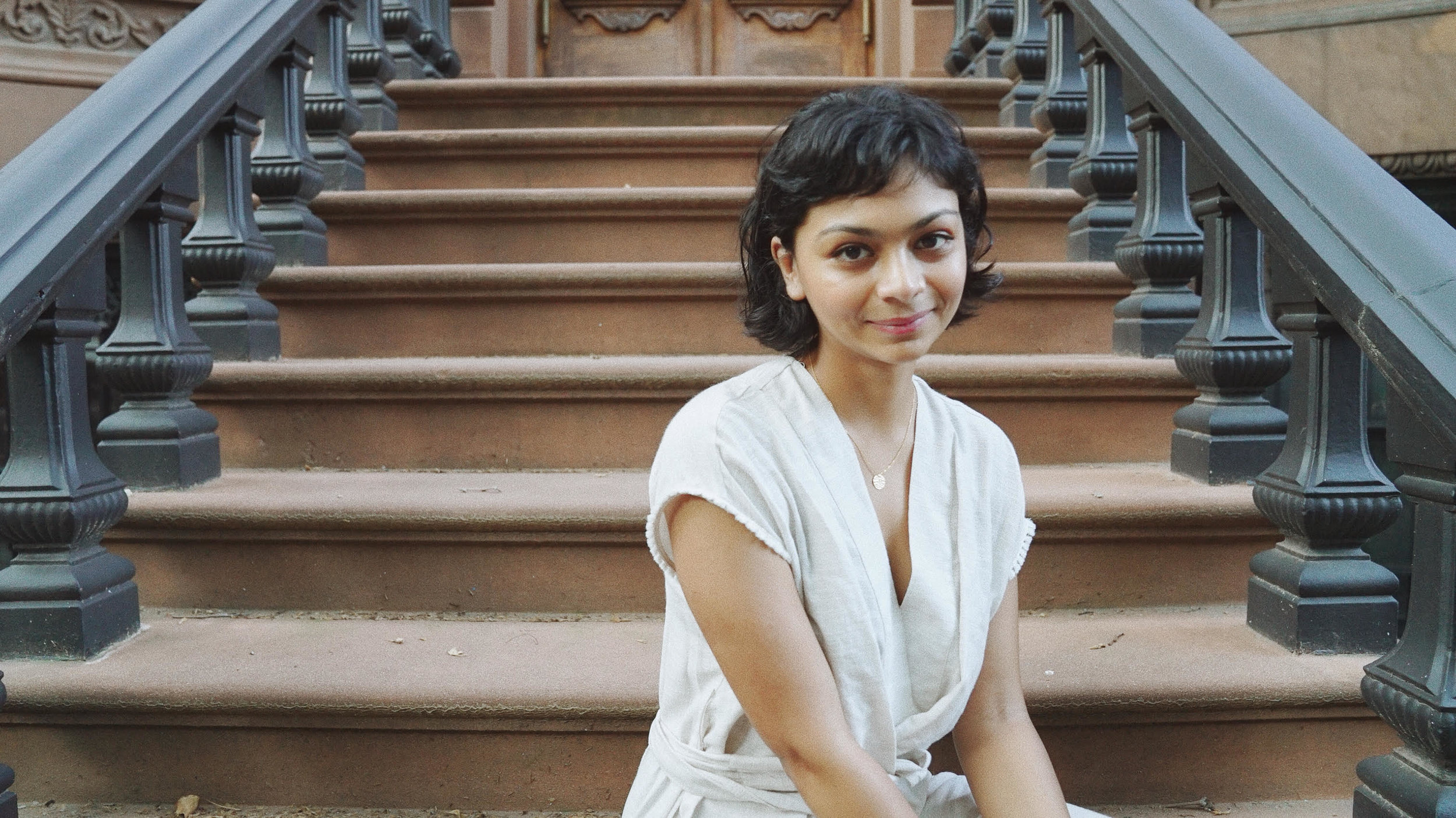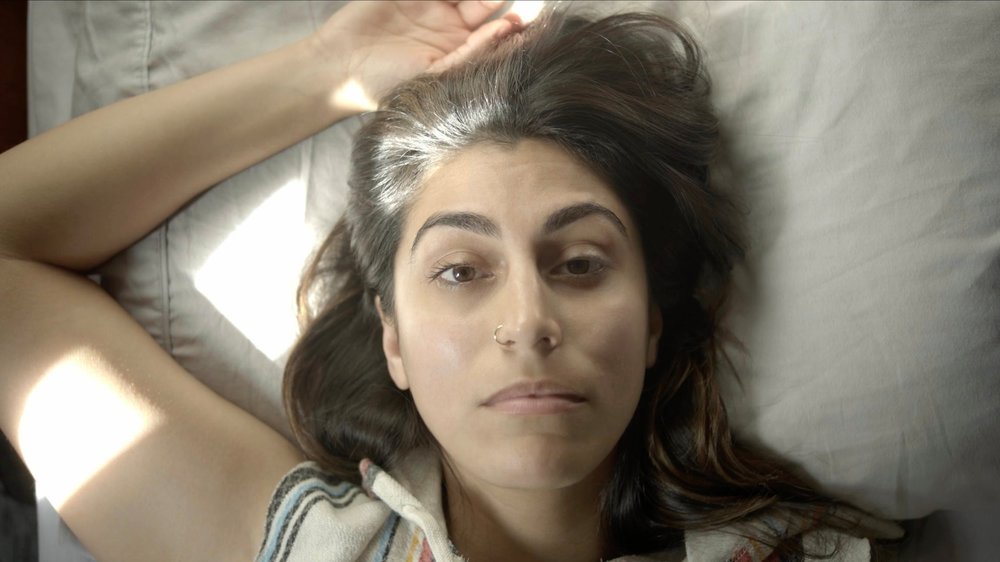NFF: Can you talk a little bit about your inspiration for the screenplay?
SAMEH: I was inspired by the reaction to my work both films and scripts - as a Palestinian filmmaker who also hold an Israeli citizenship I feel that people always read closely into the politics of my work, there is always an interpretation that swings between the two sides. People question both the Israeli side of the story and the Palestinian, it always feels like it is a test and I have to pass both sides somehow to survive as a filmmaker. It’s an interesting dilemma that I find myself trapped with each time I want to make a movie… this feeling was the beginning of inspiration of TEL AVIV ON FIRE. Salam, the main character, is a Palestinian young man that works on finding his voice as a writer on a soap opera, he is trapped between the Israeli Officers at the checkpoint and the Arab producers. He tries to please each one by giving them an end to the show that both agree with. This is for me the core of the film, and the tone of using comedy was inspired by upbringing—humor is an essential mechanism for my people to deal with the harsh daily reality of experiencing injustice.
NFF: You're returning to Nantucket, having been a previous Tony Cox Screenplay winner. How has the script changed since then, and/or how was that process helpful to you?
SAMEH: The Tony Cox screenplay award and then later the same year I stayed at the writer’s colony, all of this in fact lead me to the draft in which I was able to raise funding for the film. Our first funding came a few months after the colony and working with advisors on the script. However, given the nature of co-production with Europe, we had to go through a set of many rewrites before shooting, as the script was translated into different languages and cultures news ideas were born as a result until almost a week before shooting. At a certain moment the script and the process started to feel similar to the film’s central dilemma-- in a good way.
NFF: Did you grow up watching soaps? How did you decide on that genre as your entry point?
SAMEH: Soap operas are a big deal in the Middle East. People watch them and are fully taken by them as well. What I find interesting is that the people who watch soaps find the acting and straightforward dialogue more realistic than the subtle acting and dialogue of feature films. The soap opera medium allowed me to explore things that I may never be able to do otherwise in cinema. For instance, the opening scene of the film, which I find quite political. The characters say very direct things, without filters, but because this scene takes place inside the movie as part of a soap opera, it provides comic relief.
When I was growing up inside Israel, disconnected from the Arab world, there were only two TV channels. The Arabic-language shows were mostly from Egypt. They had the best soap opera series, particularly in the month of Ramadan. The show I created in my film is an homage to one famous show I grew up with. Nowadays, the reality has changed. There are hundreds of Arab TV channels and many shows from Syria, Lebanon, Egypt, and even dubbed ones from Turkey and India. Recently, I was watching a soap with my mom. I was laughing at an emotional moment because of its over-dramatized acting and camera work, but my mom was holding a tissue, crying. This experience inspired me when writing and directing the film.
NFF: What are you working on currently, and/or where can we see more of your work?
SAMEH: Since I am based in the US for some time now, I feel after TEL AVIV ON FIRE I am ready for a new adventure to make a film in the US. I am in the process of developing a feature and a TV show. That said, I will still be working on films in the Middle East. I am in the process of financing a comedy set in Gaza called CATCH THE MOON. Rebecca O’Brien from Sixteen Films in the UK is the lead producer working with my partners on TEL AVIV ON FIRE. My previous work should be available on streaming services, except for my first feature MAN WITHOUT A CELL PHONE (2010), which we hope to have available soon.
NFF: Why are you excited to screen in Nantucket, and/or what do you hope Nantucket audiences might relate to or takeaway from the film?
SAMEH: I am indeed excited, it is a special intimate festival with a great audience that I feel will connect with my film. So far the film has been screening in many festivals around the word, winning many audience awards thus far; it is a great feeling in general to know that the audience enjoys the film. After all we make films to share with people. So for me, coming back to Nantucket after being there with a script before is super special. Believing in an idea that now is reality on the big screen. The film presents a political discussion over the Israeli-Palestinian conflict in a comedic tone, so I hope that the audience will both laugh (enjoy) but also reflect on the issues discussed in the film. Looking forward to it!
